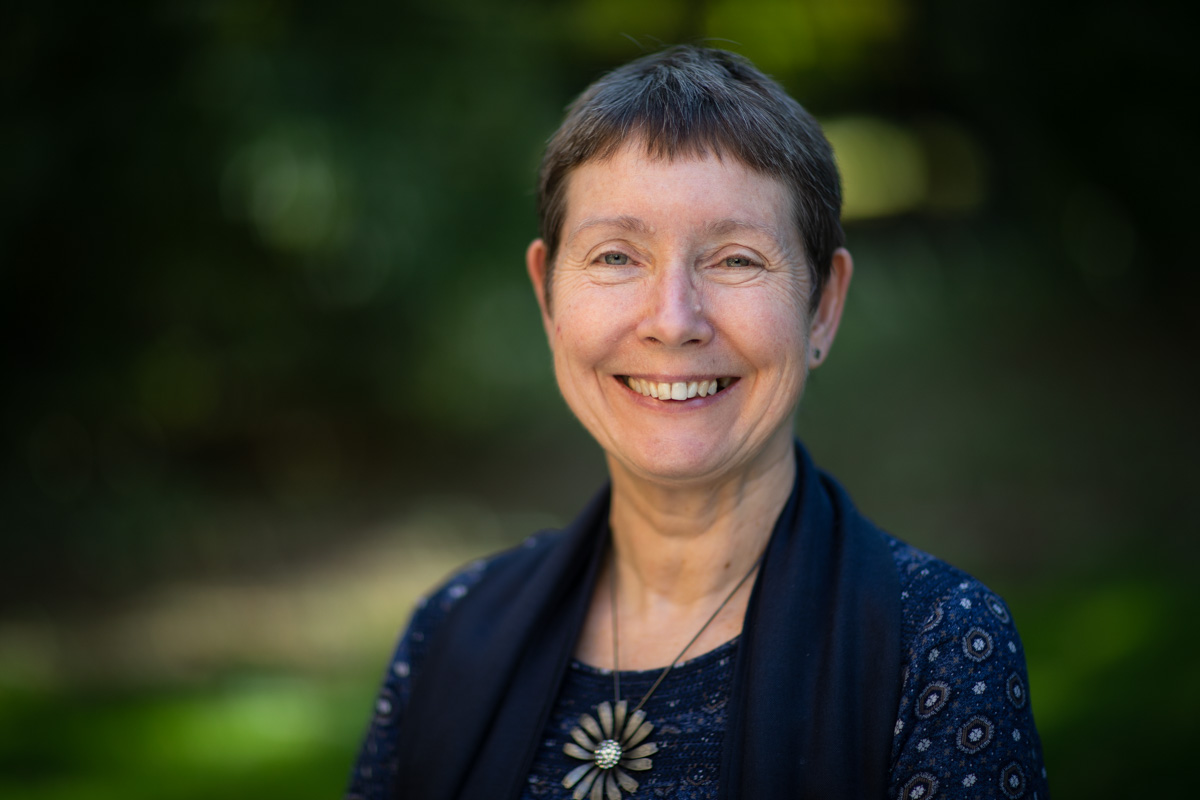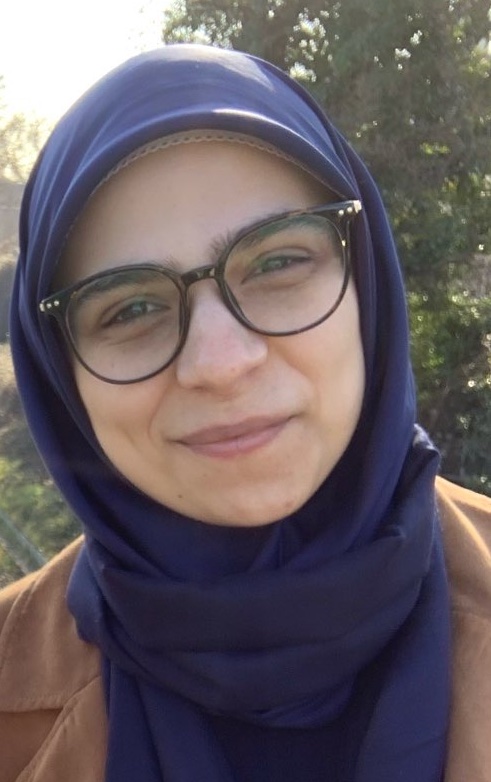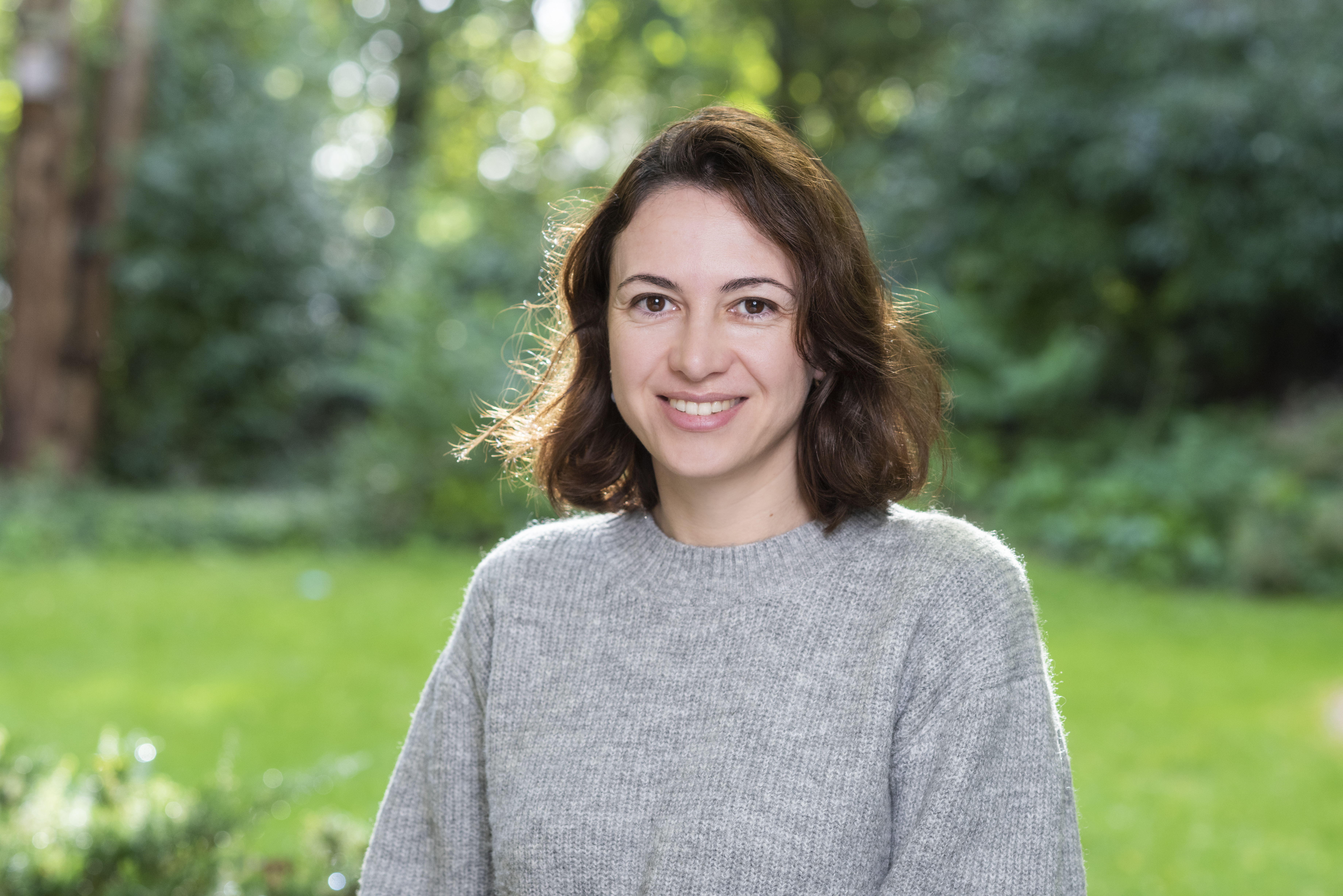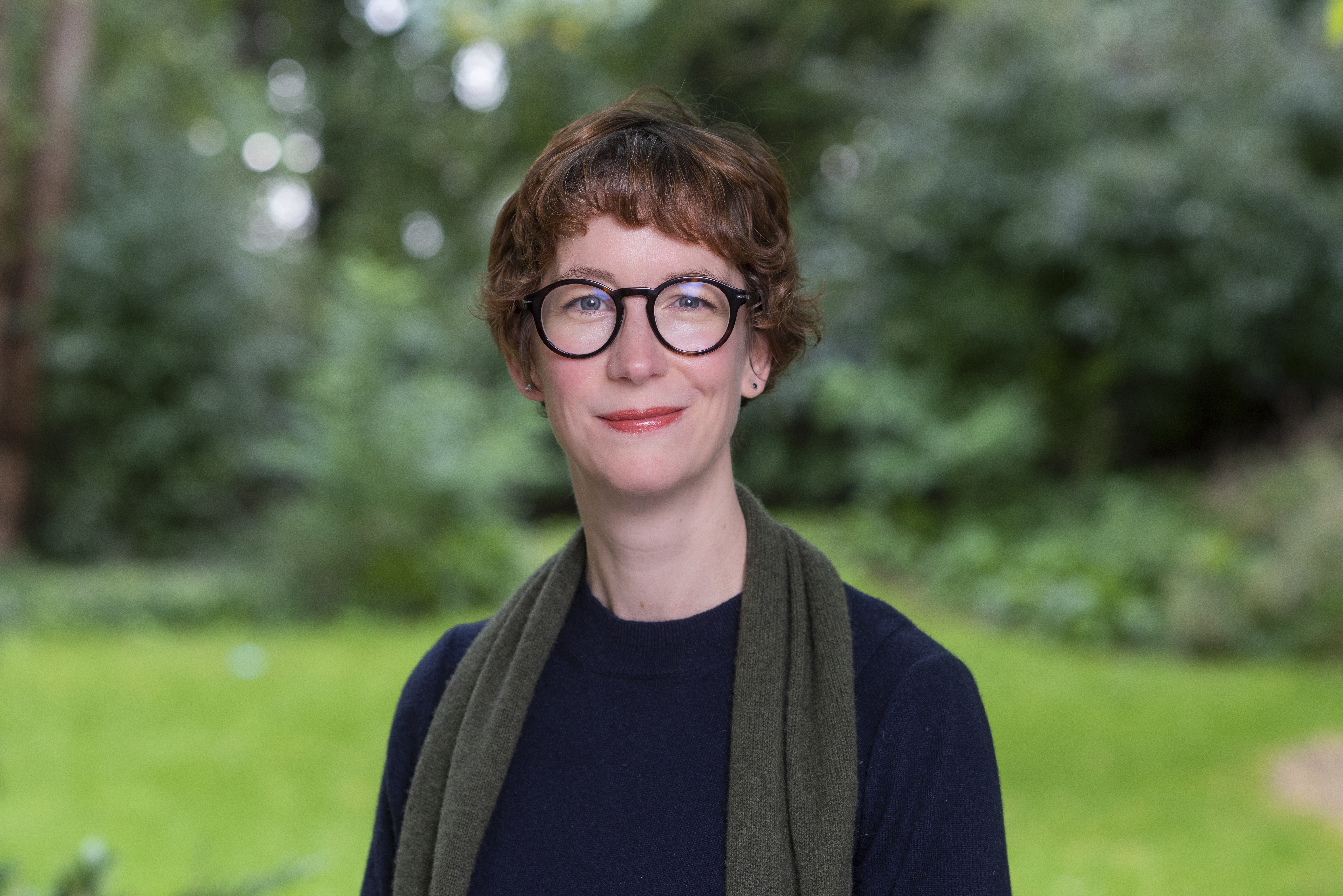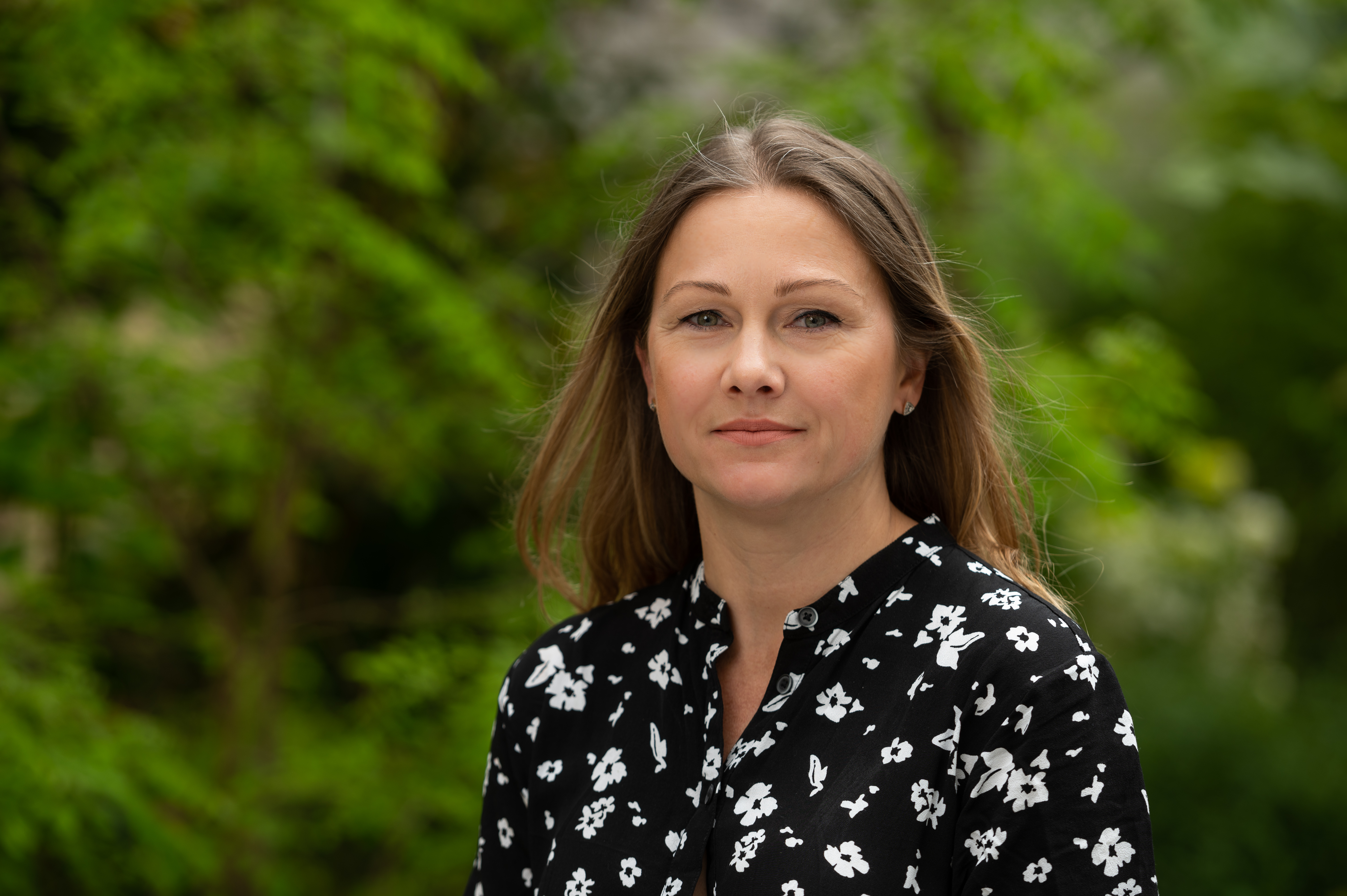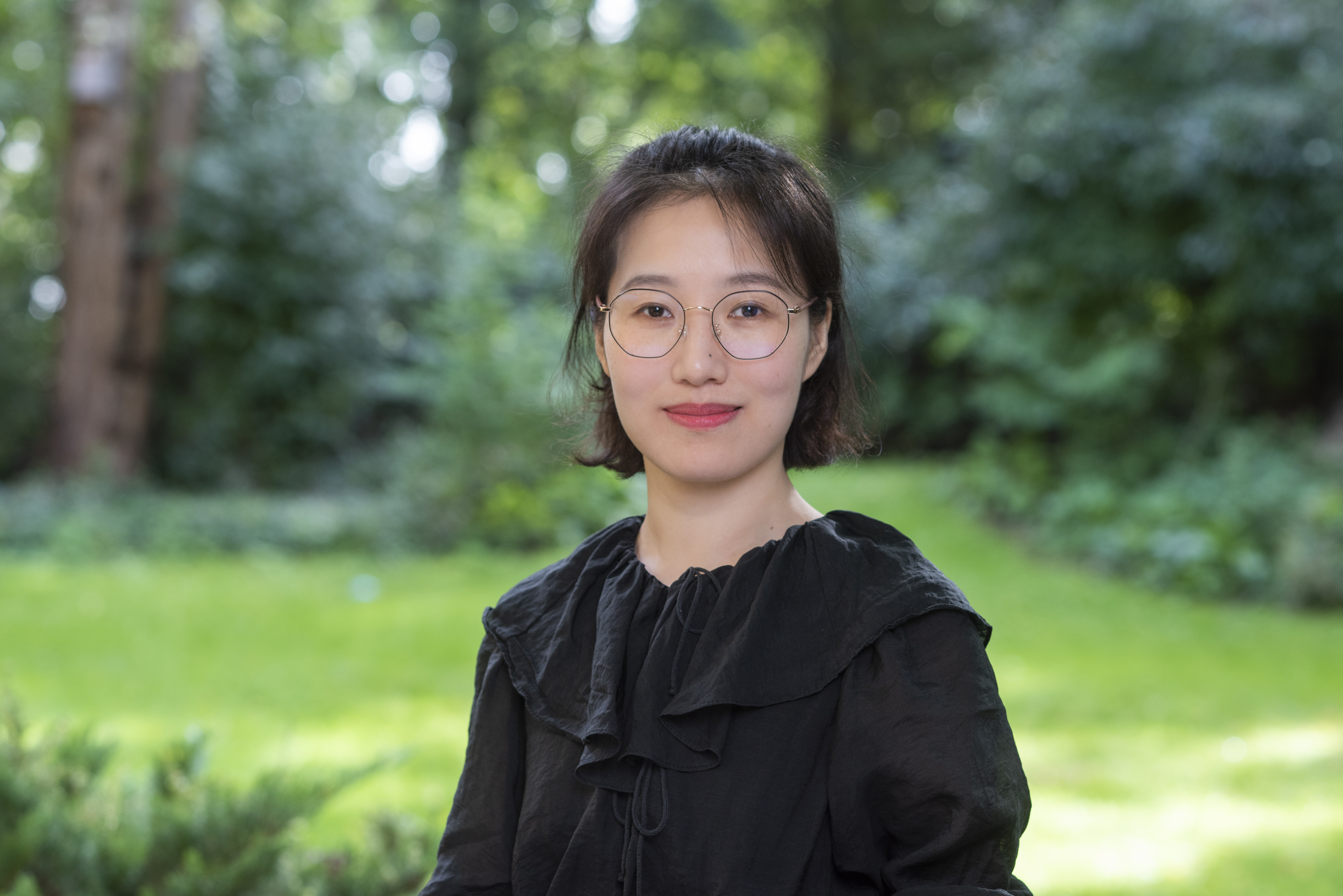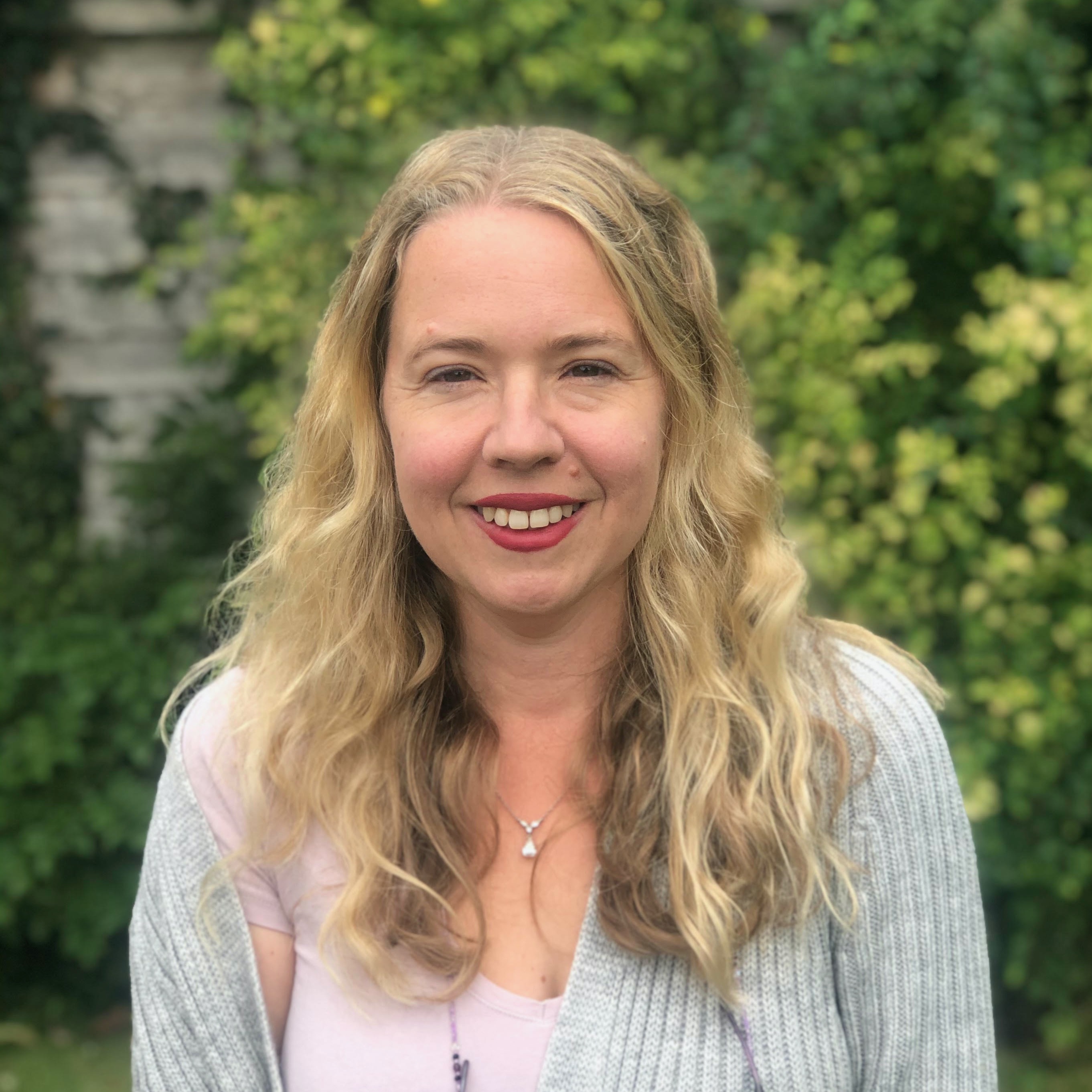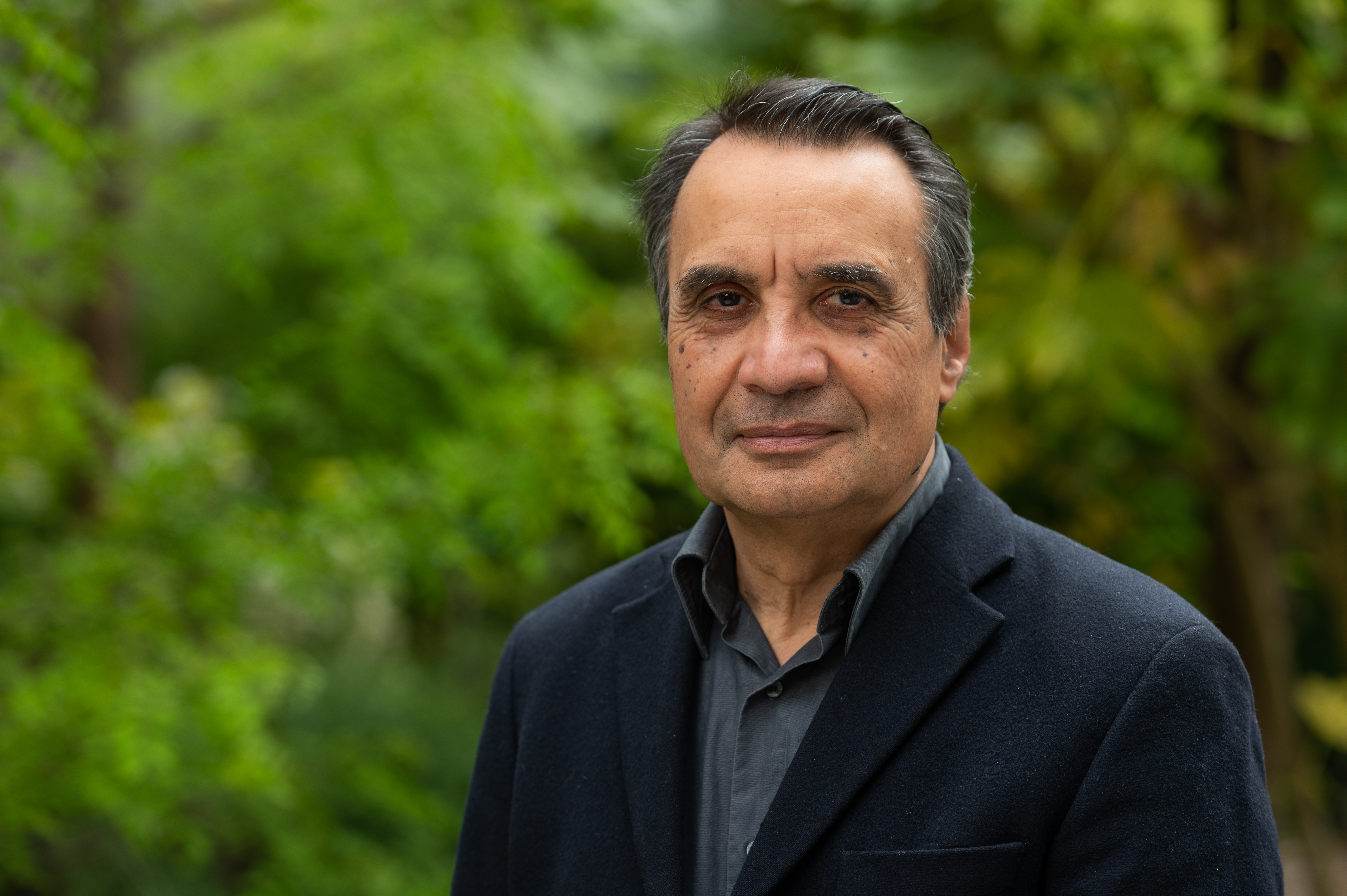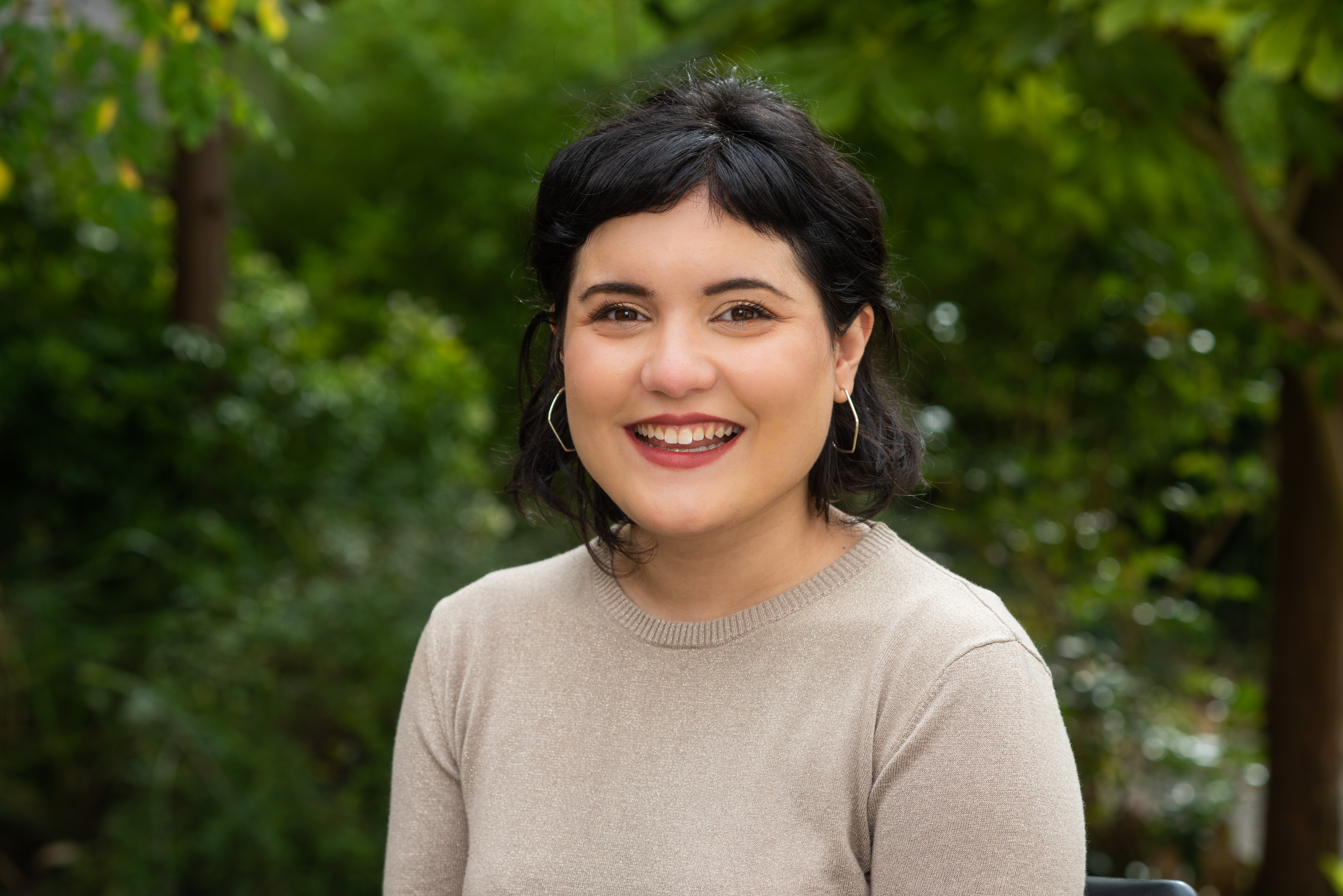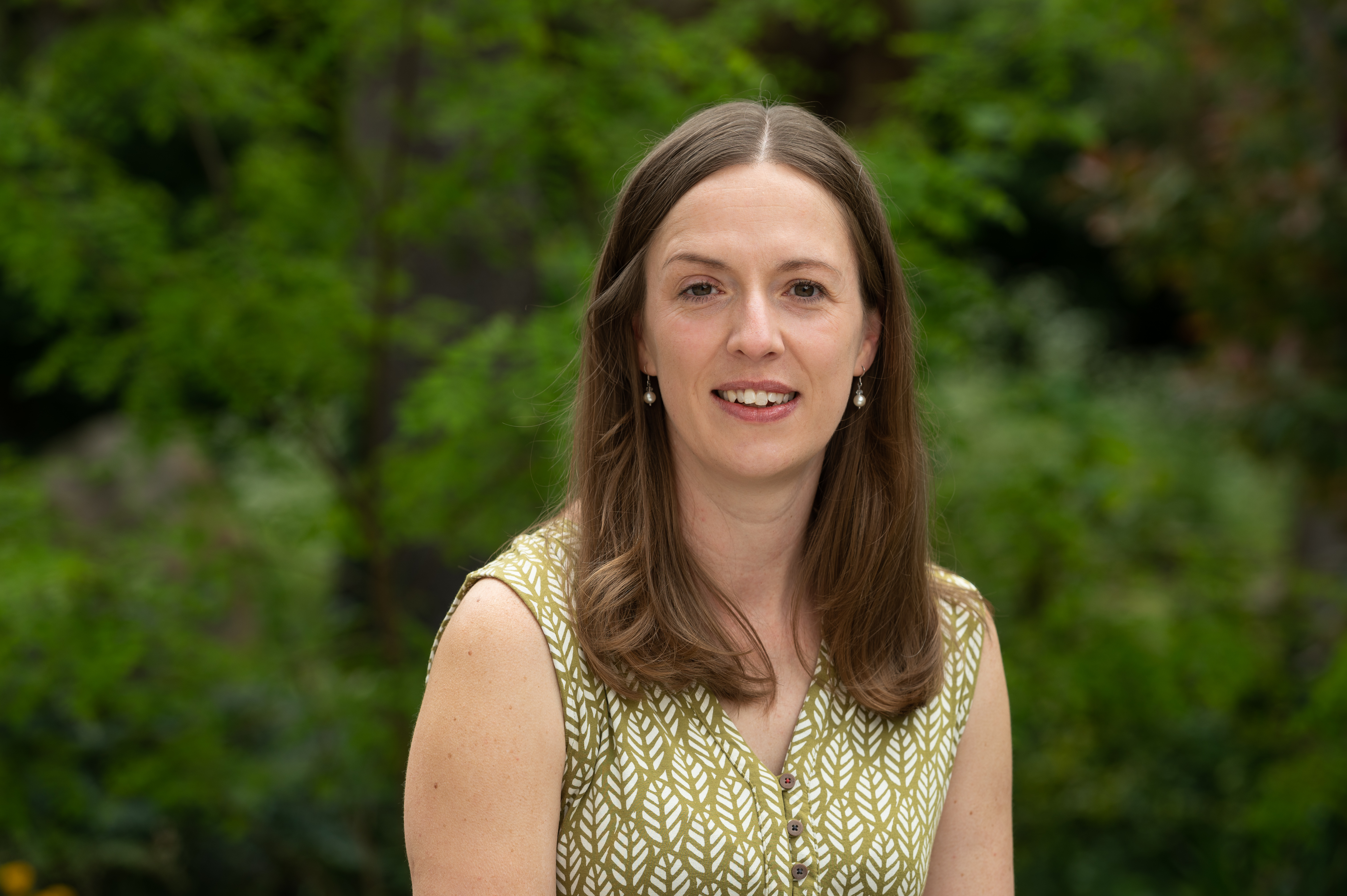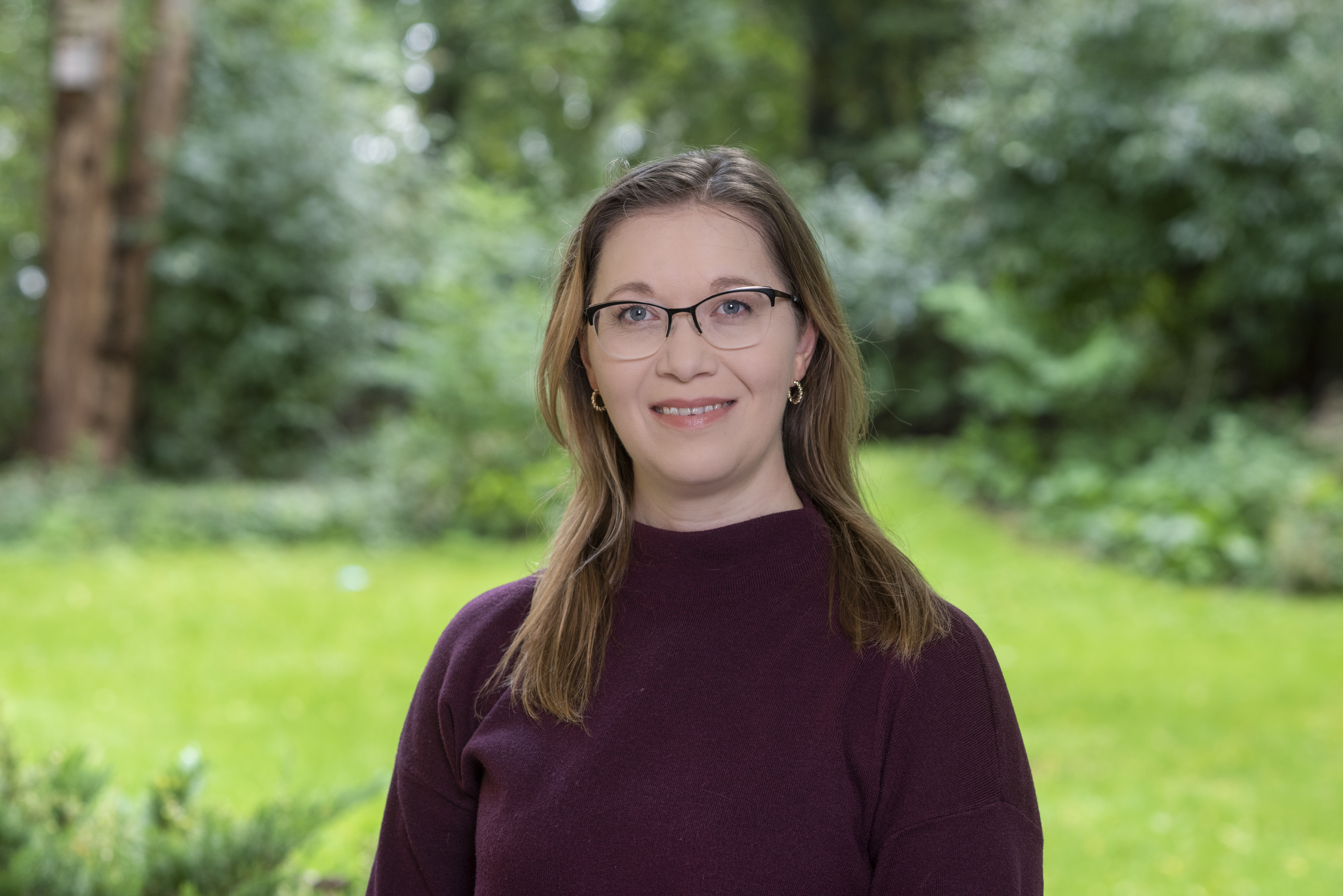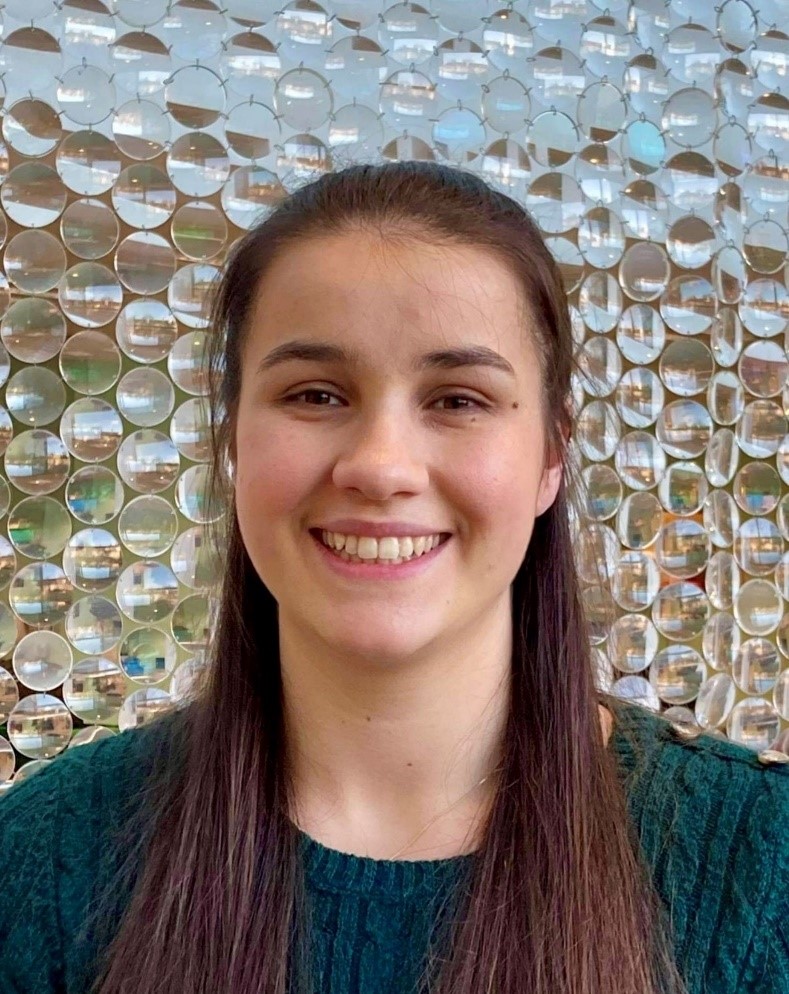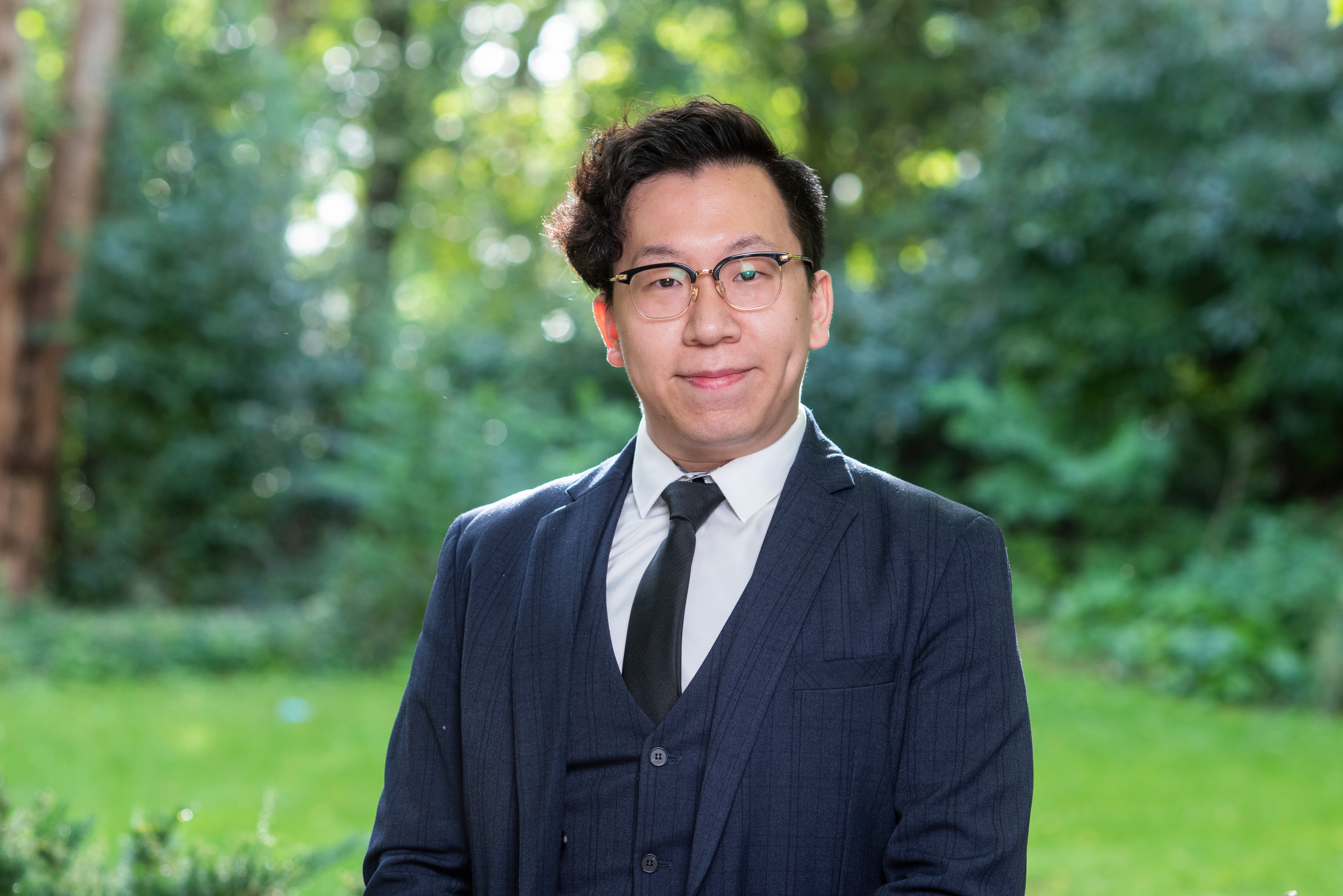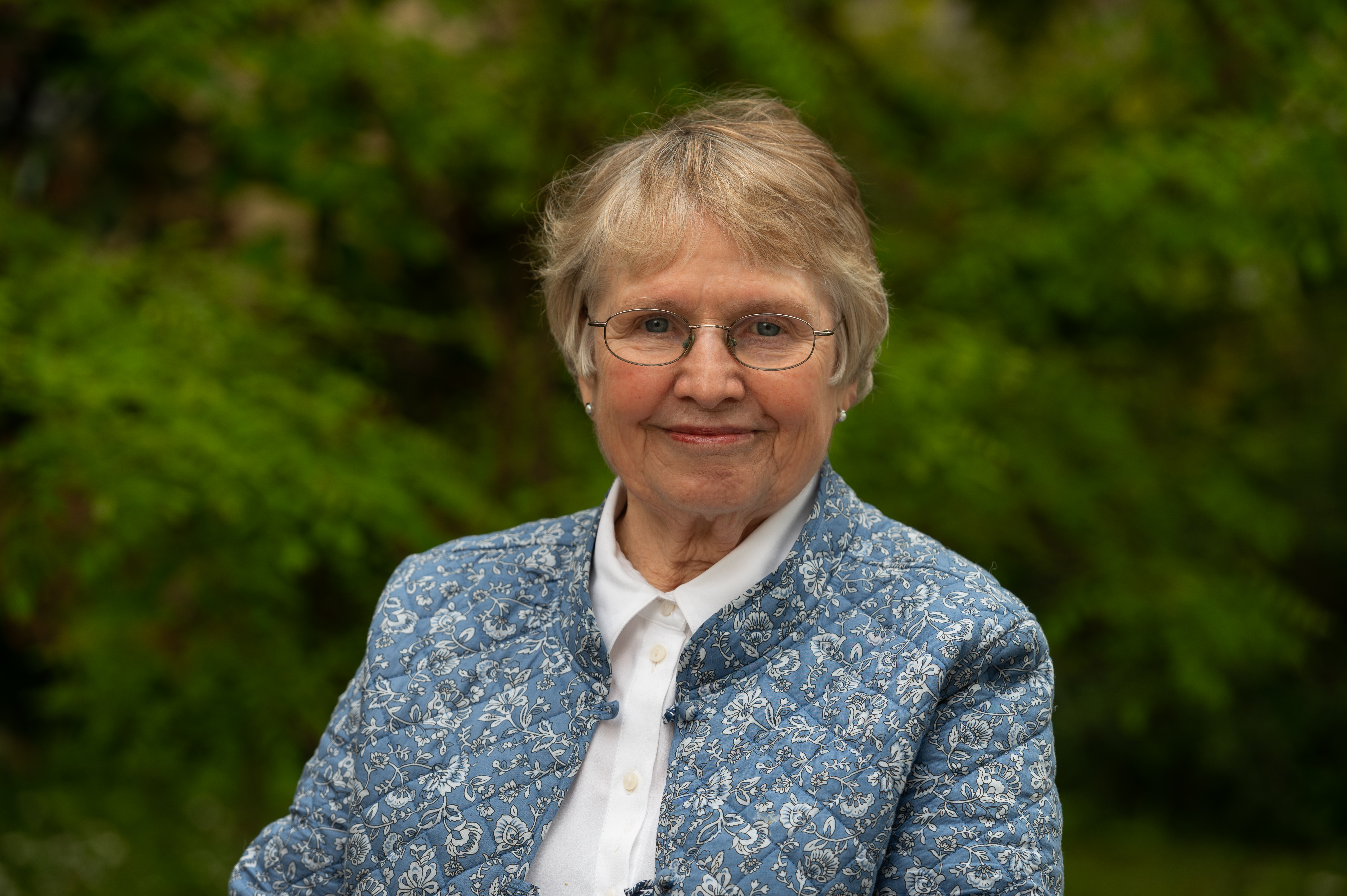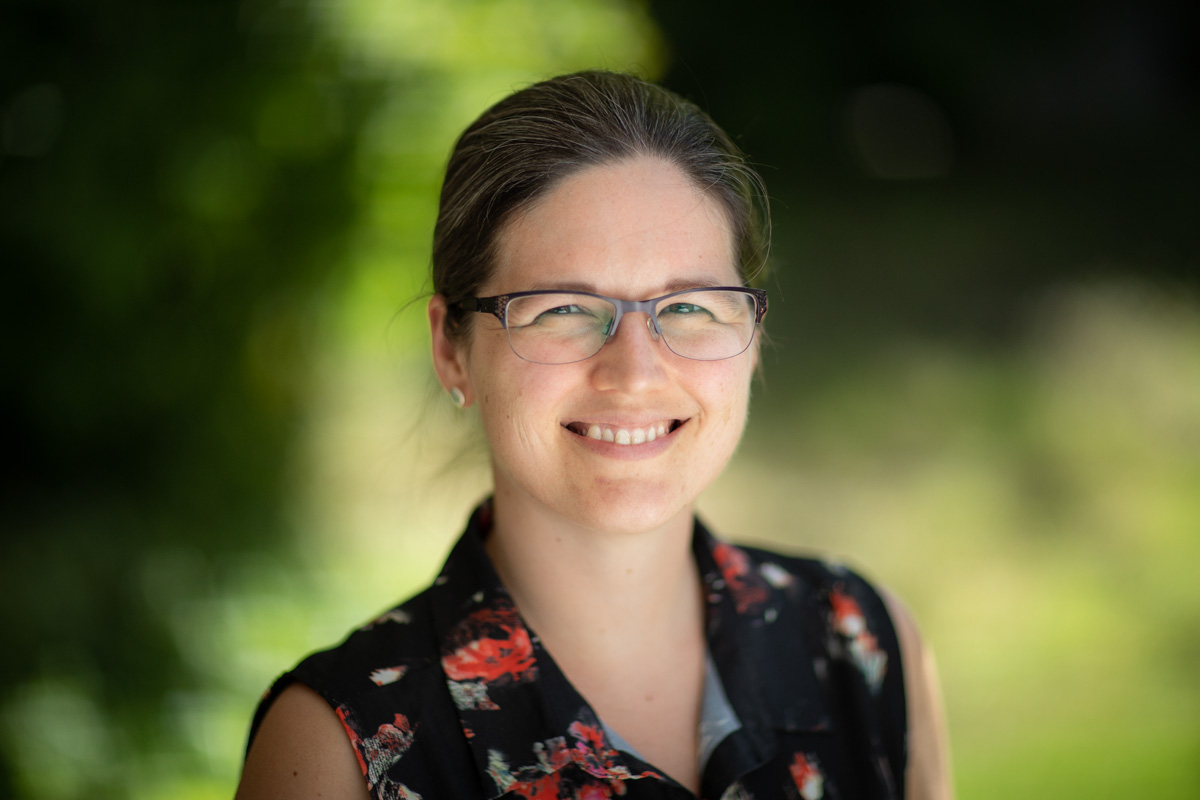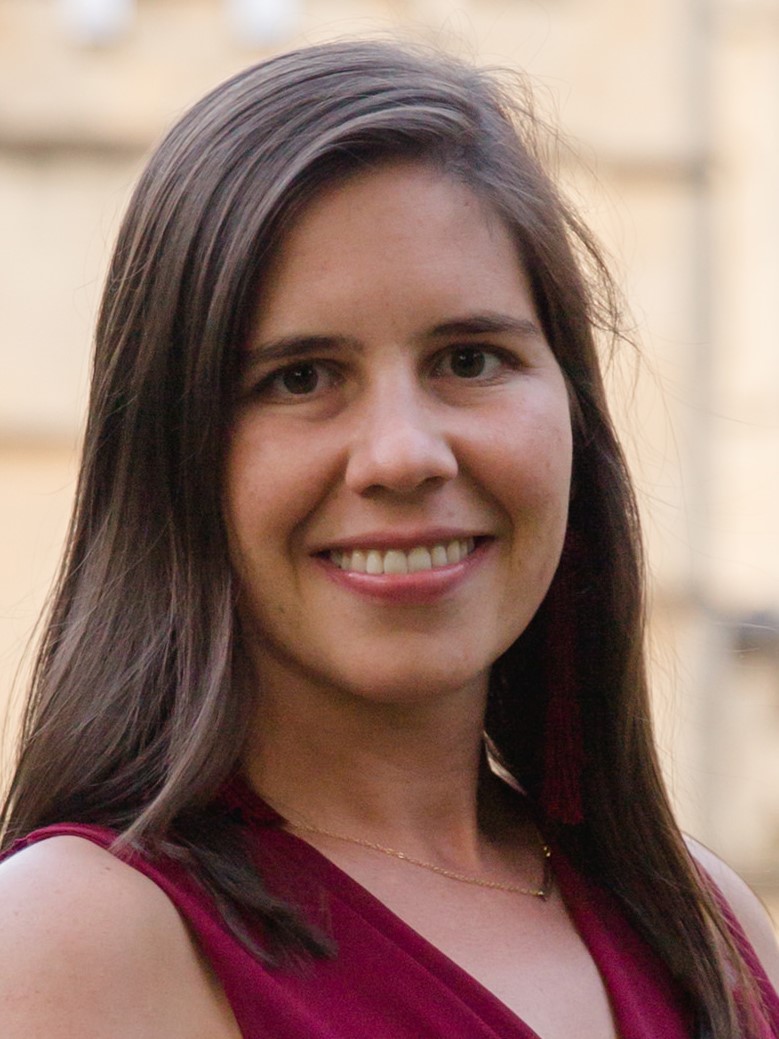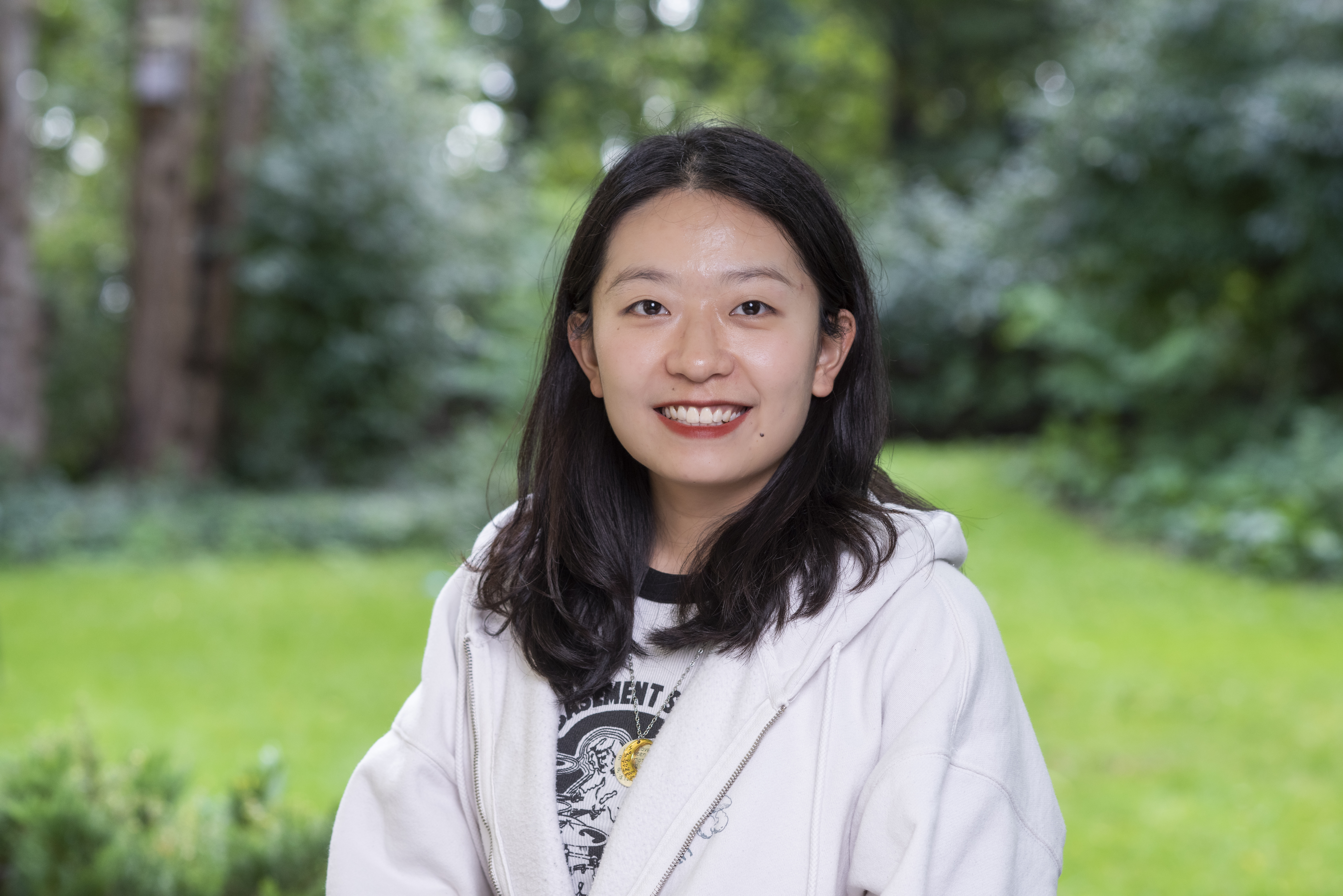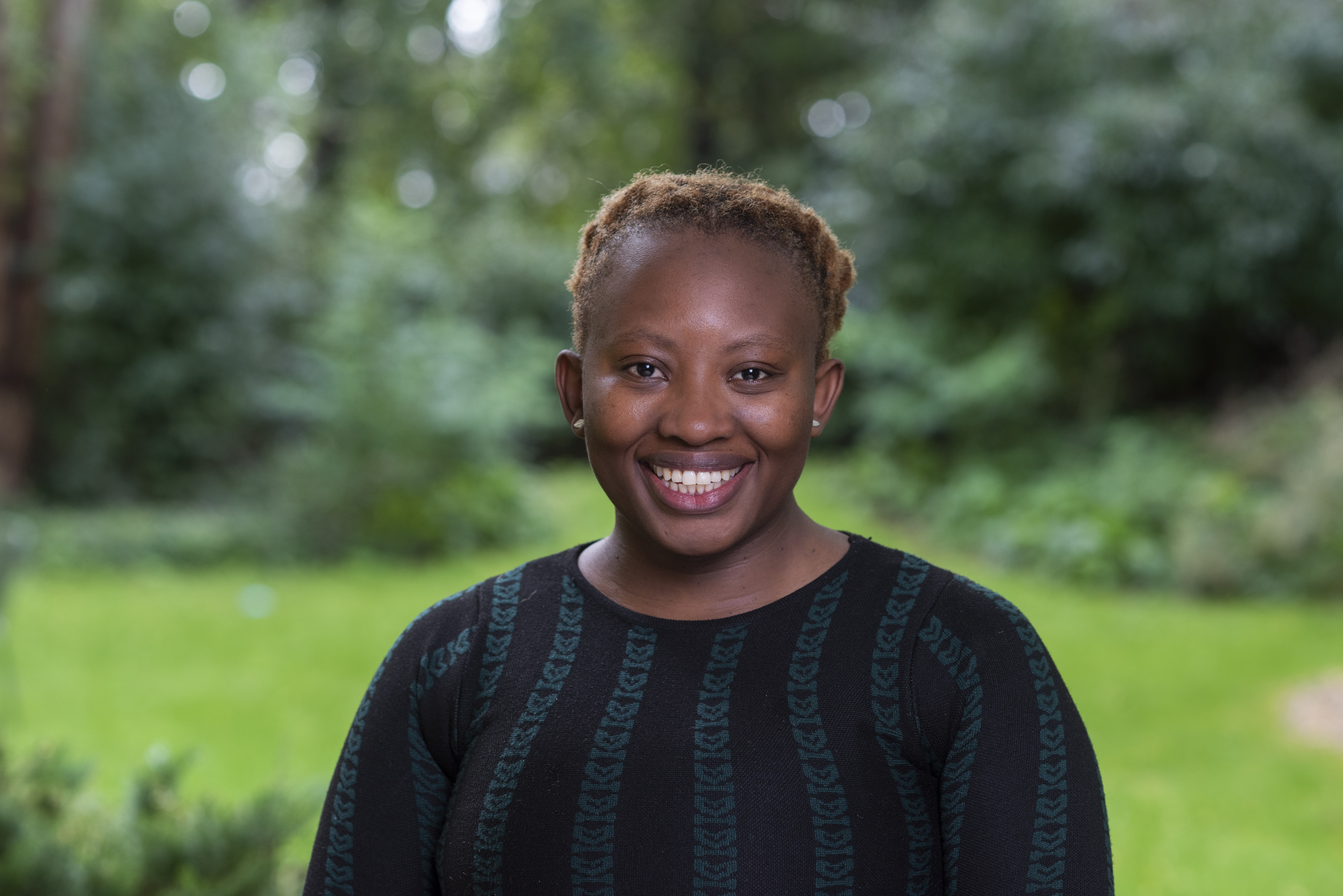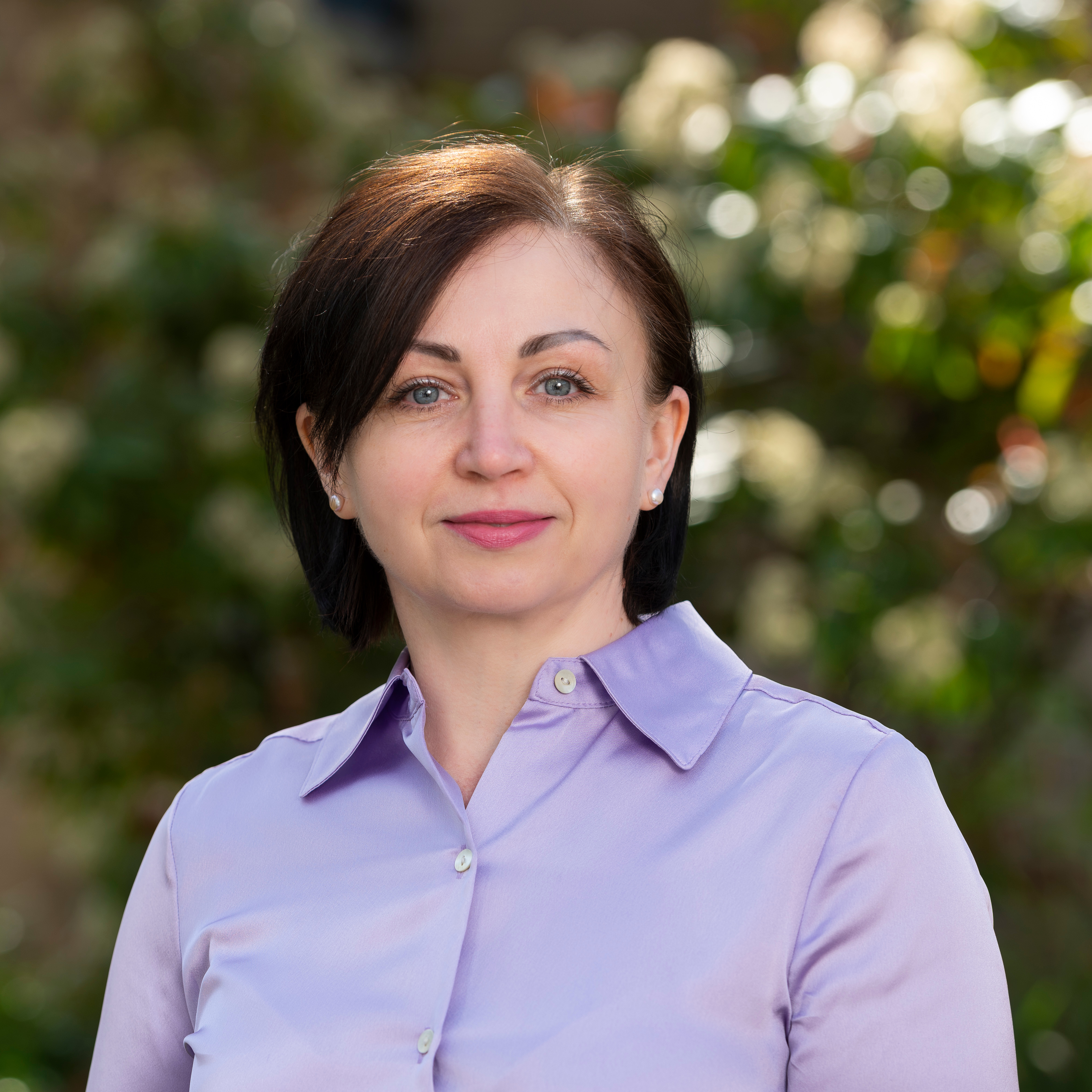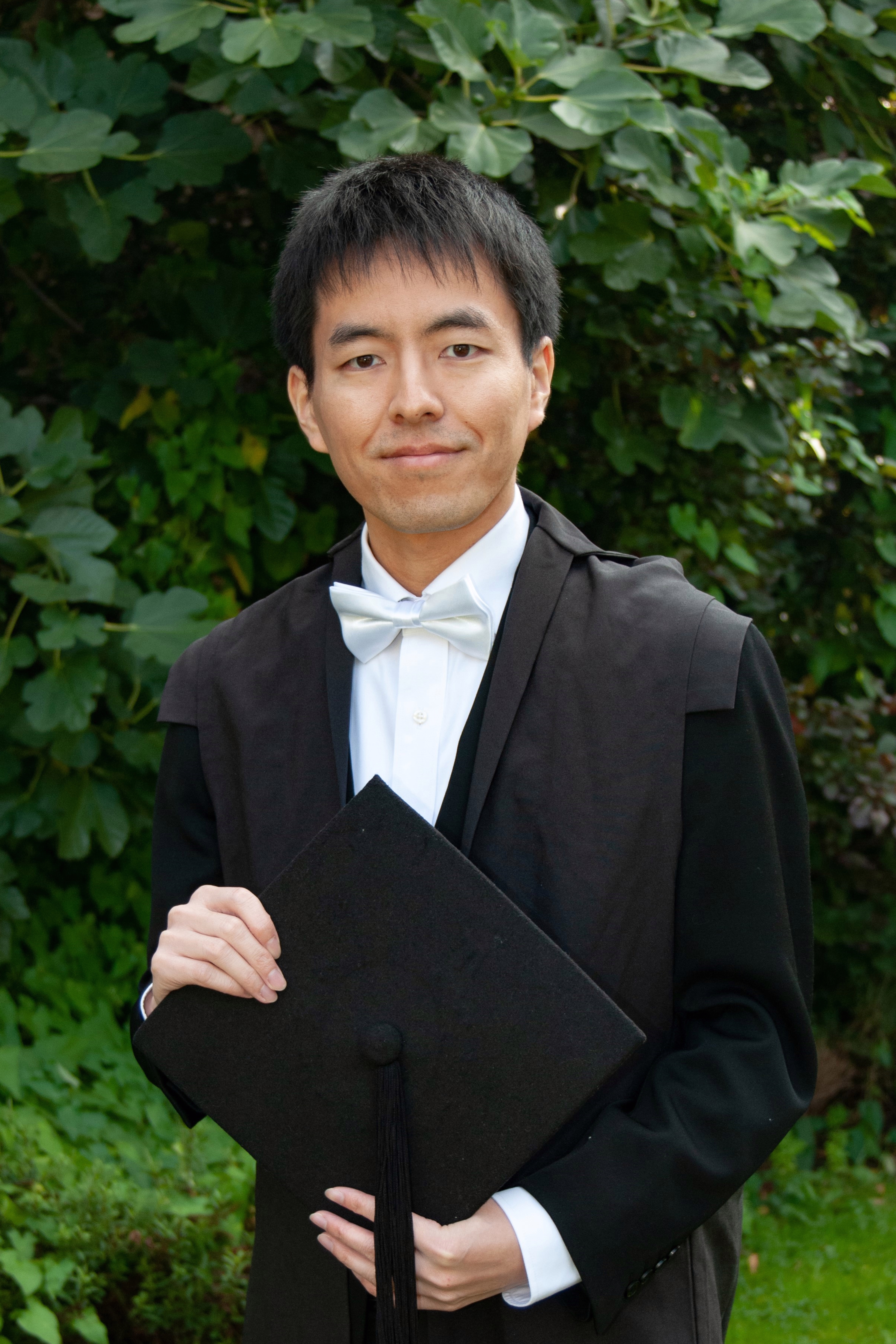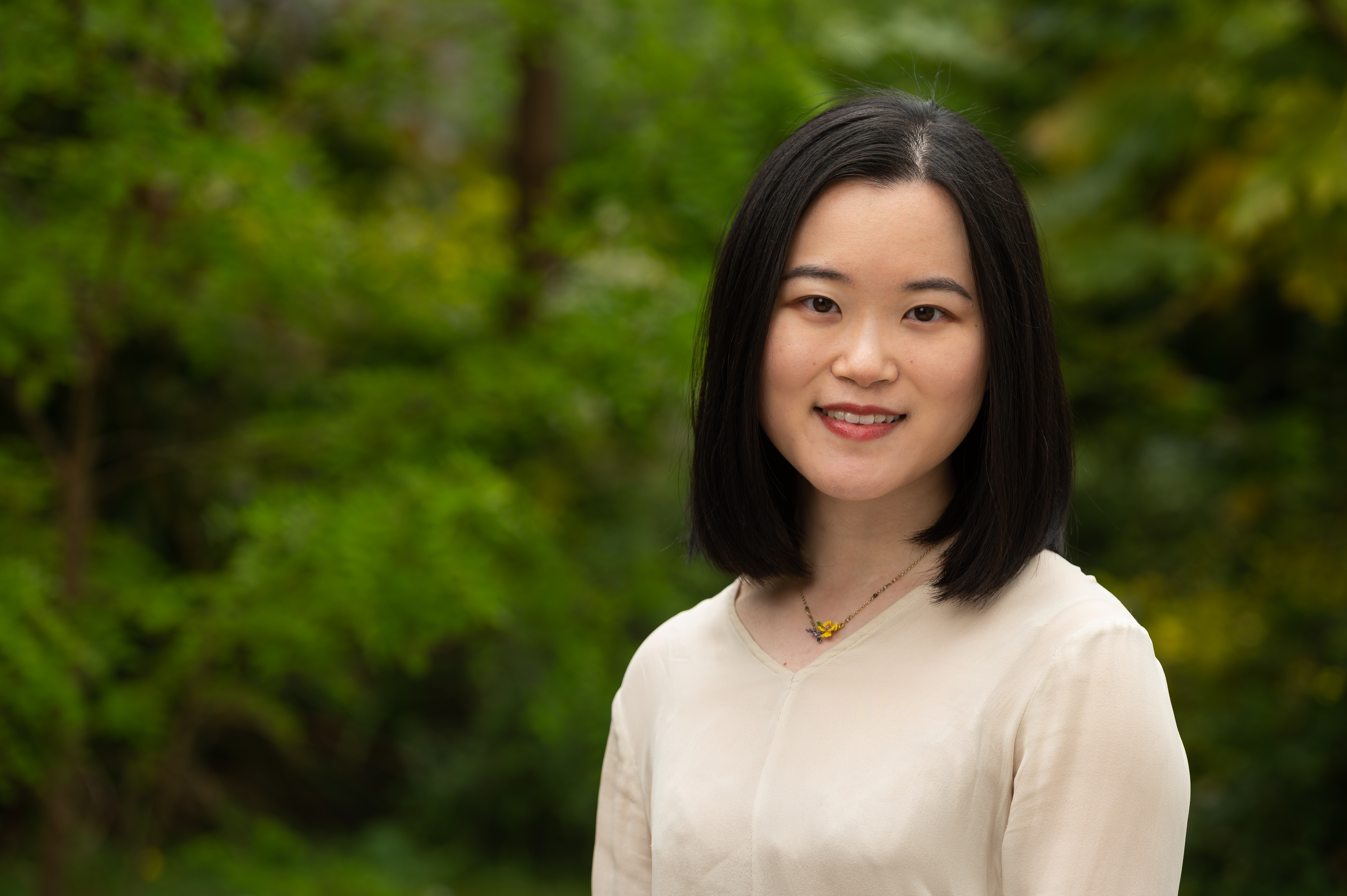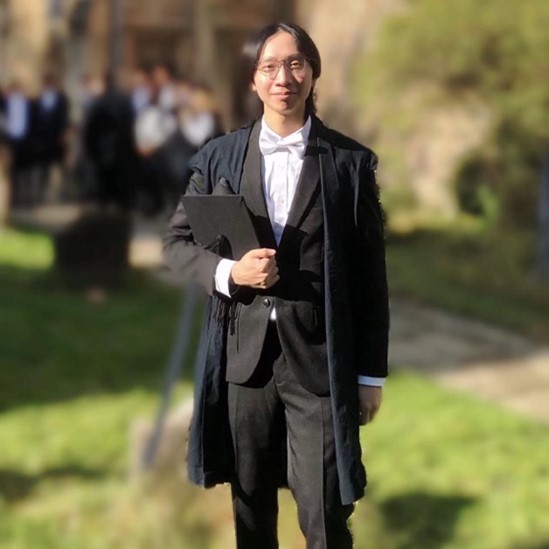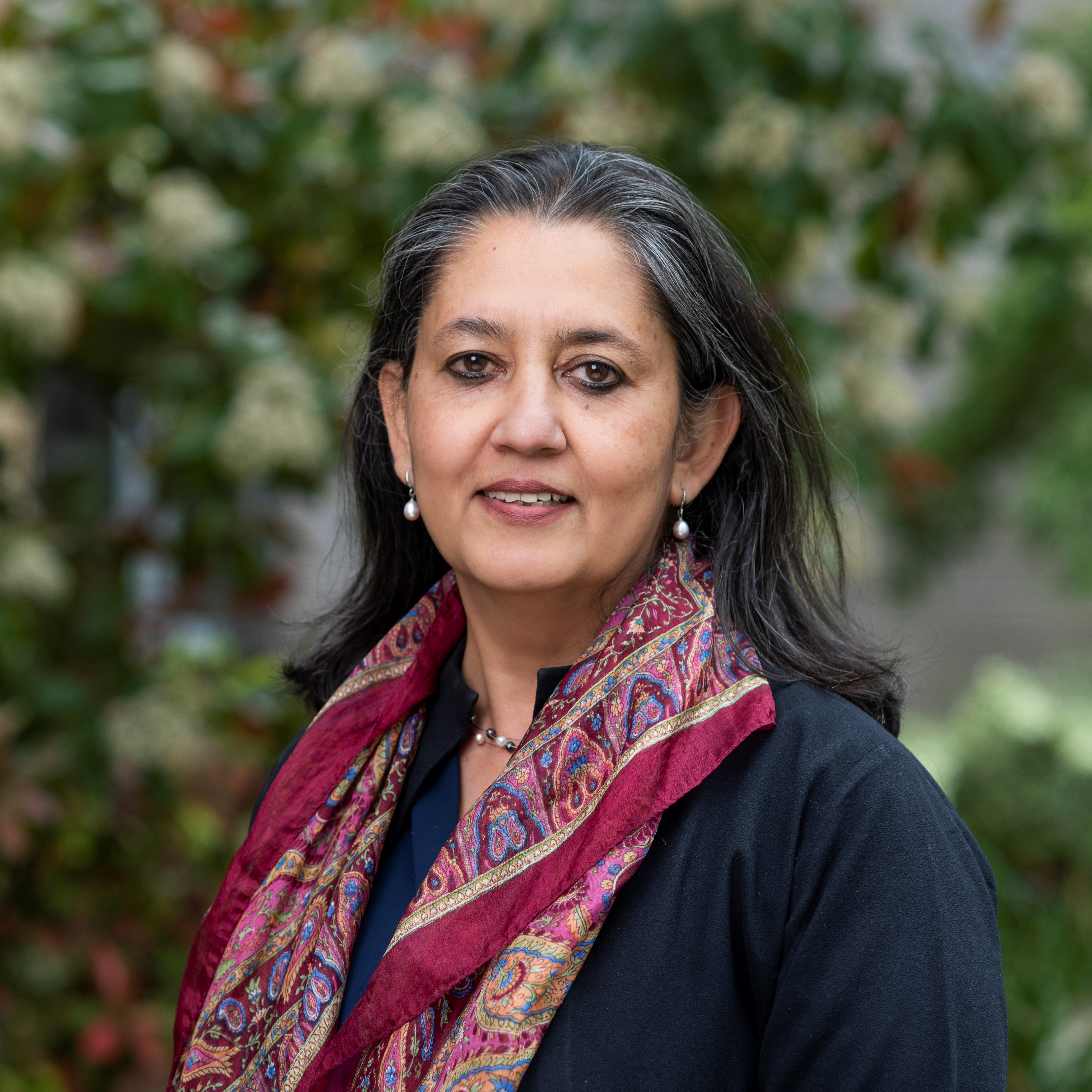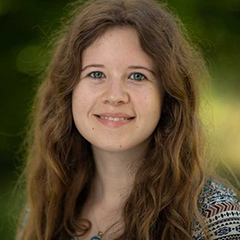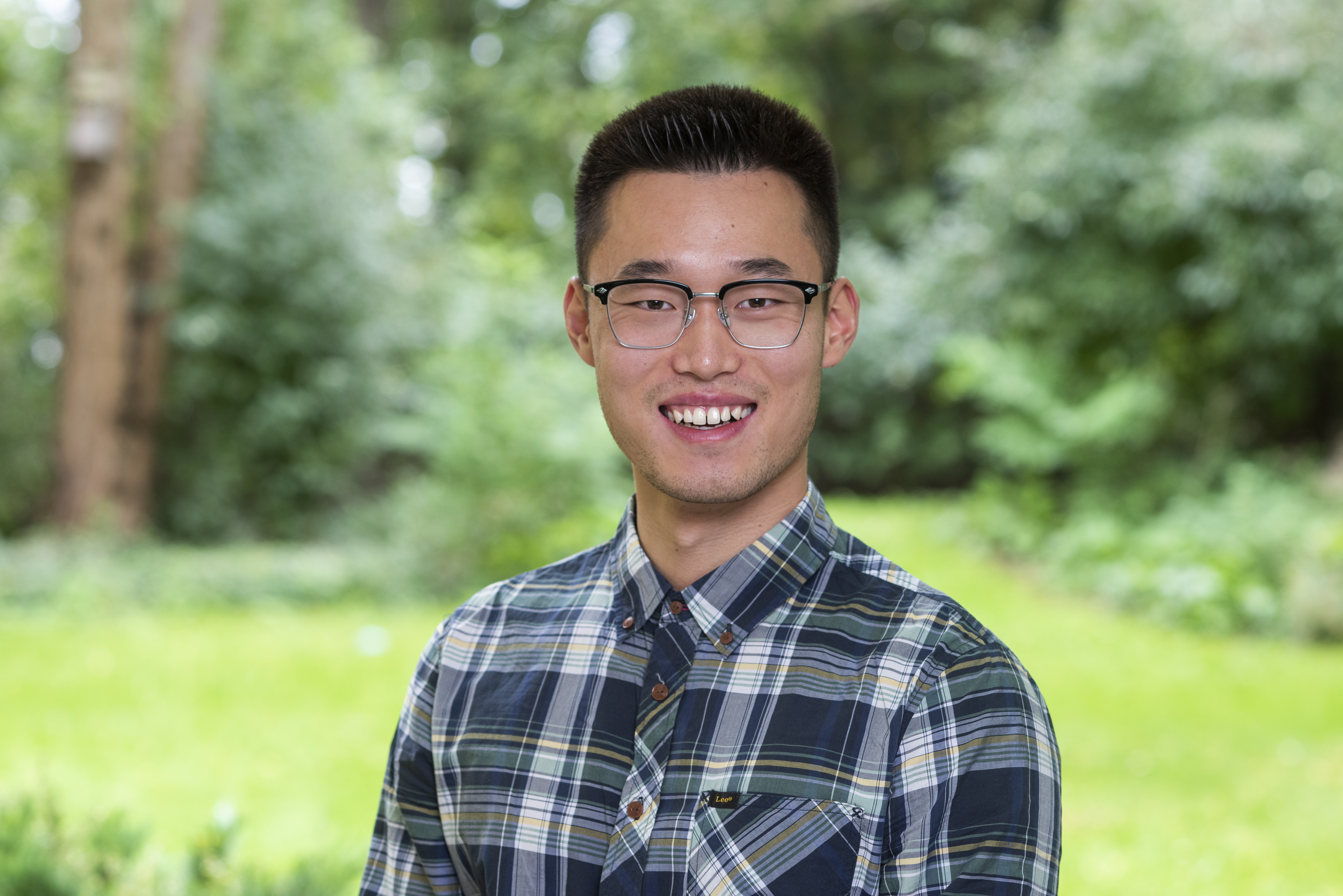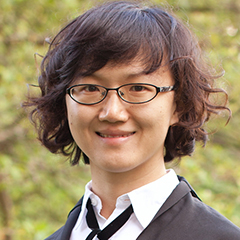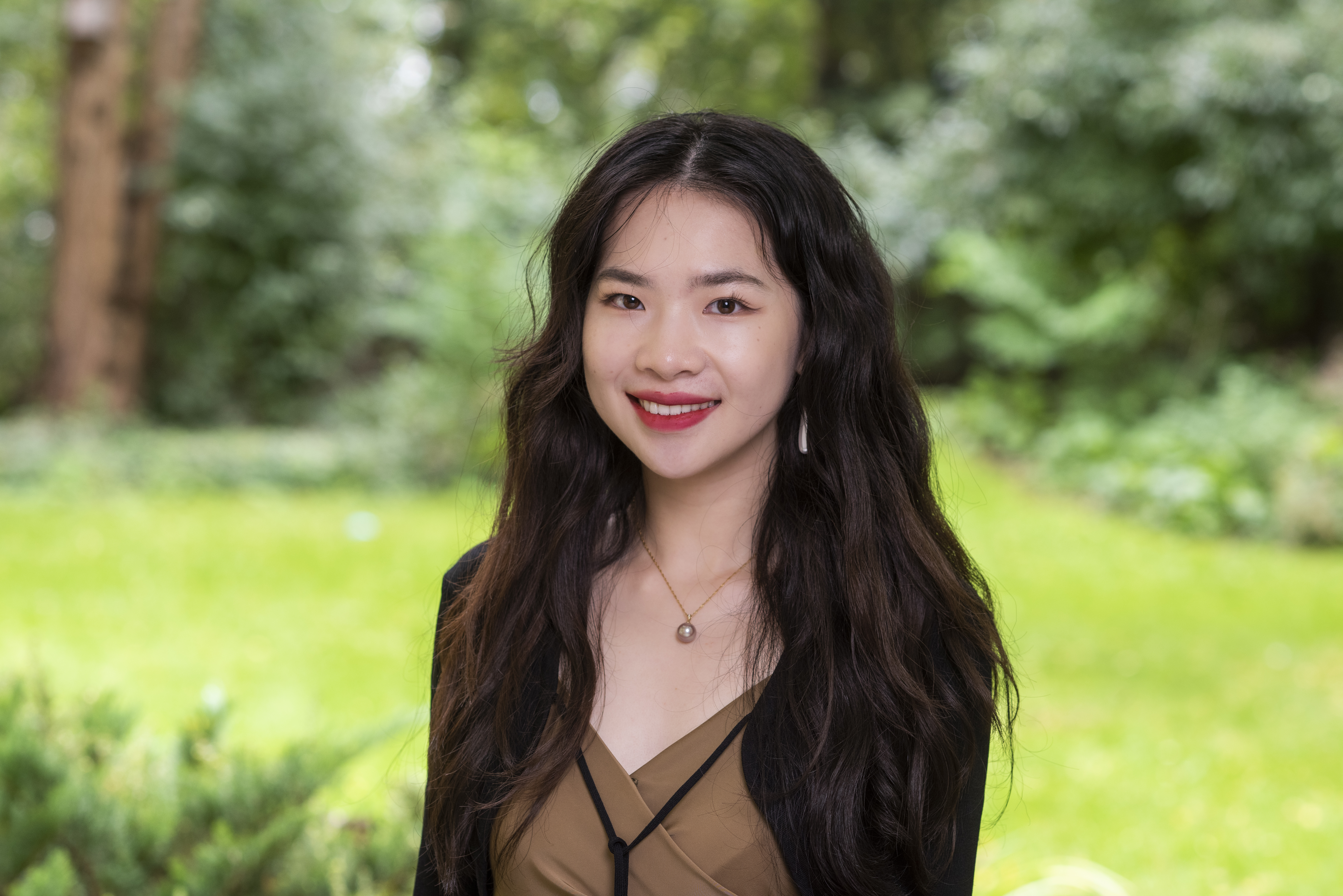Welcome
The Applied Linguistics Research group conducts research in key areas within second language acquisition with the aim of increasing understanding of the acquisition and use of language from both theoretical and applied perspectives.
Our research is closely connected with the EMI Oxford research group and has close ties and collaborative projects with other departments in the University, such as the Department of Experimental Psychology.
Our current research activities include developing key pedagogical principles in foreign language learning; English Medium Instruction and Global Englishes; and English as an additional language. We carry out quantitative, qualitative and mixed methods research on language learners of all ages, from pre-school through to adult learners and at our core we aim to understand how educational settings serve to promote and develop knowledge of more than one language across a range of different contexts.
Selected Publications
Staff and research students are strongly encouraged to disseminate their research findings. Below is a list of journal publications which have arisen from recent DPhils and research projects.
- Briggs, J.G., Dearden, J. & Macaro, E. (2018: in press). English medium instruction: Comparing teacher beliefs in secondary and tertiary education. Studies in Second Language Learning & Teaching, 8(2)
- Macaro, E. (2018) English Medium Instruction: Language and content in policy and practice. Oxford: Oxford University Press
- Macaro, E., Curle, S. Pun, J. An, J, & Dearden, J. (2018). A systematic review of English Medium Instruction in Higher Education. Language Teaching, 51/1, 36-76
- Molway, L., Mutton, T. and Woore, R. with Porter, K. (in press) ‘What are the possibilities and limitations of small-scale, mediated classroom interventions? Two cases from Modern Foreign Languages’. To appear in Stylianides, G. and Childs A. (eds.), Classroom-based interventions across subject areas: research to understand what works in education
- Murphy, V.A. (2018). Literacy development in linguistically diverse pupils. In D. Miller, F. Bayram, J. Rothman & L. Serratrice (Eds). Bilingual Cognition and Language: The state of the science across its subfields. Studies in Bilingualism, 54, Amsterdam: John Benjamins
- Rose, H., Briggs, J.G., Boggs, J.A., Sergio, L., Ivanova-Slavianskaia, N. (2018) A systematic review of language learning strategy research in the face of self-regulation. System 72: 151-163. DOI: 10.1016/j.system.2017.12.002
- Rose H, Montakantiwong A. (2018) A Tale of Two Teachers: A Duoethnography of the Realistic and Idealistic Successes and Failures of Teaching English as An International Language. RELC Journal, 49(1): 88-101. DOI: 10.1177/0033688217746206
- Smith, S.A., Briggs, J.G., Pothier, H. & Garcia, J. (2017). “Mental workouts for couch potatoes”: Executive function variation among Spanish-English bilingual young adults. Applied Linguistics. doi.org/10.1093/applin/amx038
- Woore, R. (2017) “Learners’ pronunciations of familiar and unfamiliar French words: what can they tell us about phonological decoding in an L2?” The Language Learning Journal, 1-14.
- Zhao, L., Dehé, N. & Murphy, V. (2017). A cross-linguistic investigation of prosodic-pragmatic mapping of [I + verb] belief constructions in American English and Mandarin. Journal of Pragmatics https://doi.org/10.1016/j. pragma.2017.10.015
Resources
As a result of our research and other activities in the field of Applied Linguistics, we have collected and developed a range of resources that might be of use to teachers, teacher-trainers and researchers which we would like to share with you.
Resources for Teachers and Teacher Educators
Materials
- Walter, C & Briggs, J. (2012) What professional development makes the most difference to teachers? A report sponsored by Oxford University Press. Oxford: University of Oxford Department of Education.
Resources for Researchers
Databases
- The Language Attrition Research Archive (LARA). This is an on-line database of research into first and second language attrition. Since 2007, it has been under the editorial control of Dr Robert Vanderplank
Reports
Podcasts
- Why using the term EAL can be “reckless” – Professor Victoria Murphy on Tes Podagogy
- TEFL Interviews 24: Professor Victoria Murphy on Bilingual Education
These podcasts can be downloaded from here. ITunes is required to view them.
Study with us
The Applied Linguistics research group is involved in the provision of a number of taught courses as well as research degrees to which we warmly welcome applications from students interested in both first and second language acquisition and their development, along with areas which cut across first and second language acquisition.
These areas cover a wide range of issues and topics and some of our work overlaps with psycholinguistics, general linguistics and, to some extent, sociolinguistics.
Taught courses
- MSc Applied Linguistics and Second Language Acquisition
- MSc Applied Linguistics for Language Teaching
Some of our current DPhil projects include:
- ‘Investigating EFL teachers’ cognition and incorporation of Global Englishes into their pedagogical practices’ Anuchaya Montakantiwong
- ‘L2 Decoding proficiency in consonantally-literate Saudi ESL readers and its contribution to L2 reading comprehension’ Hala Alghamdi
- ‘An attitudinal study of Japanese English learners toward global diversity in spoken English’ Natsuno Funada.
- ‘Engagement, motivation, and attitudes in informal second language learning’ Henriette Arndt
- ‘Motivational Trends and Engagement Patterns amongst Secondary School Learners of Arabic in the UK’ Anna-Maria Ramezanzadeh
- ‘The role of decoding in second language English vocabulary acquisition’ Sha Li
- ‘The developmental trajectory of second language listening’ Kedi Simpson
- ‘Investigating new psycholinguistic approaches to codeswitching in multilinguals’ Mae Zantout
- ‘Assessing the effects of mediating academic vocabulary teaching through L1 in linguistically diverse classes in mainstream UK schools’ Hamish Chalmers
- ‘Reading between the lines: How do English as an additional language learners process metaphors when reading?’ Annina Hessel
Past DPhil projects include:
- ‘The effects of facilitated feedback on the second-language English writing of Korean university students’ Jill A. Boggs
- ‘An investigation of Korean learners’ difficulties in using English intonation to express emotion: perception and production’ Moon Cho
- ‘Comprehension strategies when listening to the teacher in the ESL classroom’ Daniel Fung
- ‘An exploratory study of teaching and learning secondary science through English: classroom interactions, perceptions of teachers and students’ Jack Pun
- ‘Cross-linguistic contributions of morphological awareness to vocabulary knowledge for learners of English as an Additional Language (EAL) and English native speakers in the Modern Foreign Language (MFL) classroom in England’ Adam Unthiah
- ‘The impact of study abroad in the UK on students’ overall English proficiency, self-efficacy, English use anxiety and self-motivation to continue learning English: a mixed methods investigation’ Gianna Hessel
- ‘Processing of L2 words in bilingual children and adults: Predictors, Patterns and Tendencies’ Ting Zhao
- ‘The nature of multi-word vocabulary among children with English as a first or additional language and its application to literacy’ Sara Smith.
- ‘The influence of linguistic and cultural background on [I + verb] belief constructions in expressions of opinion’ Lucy Zhao



